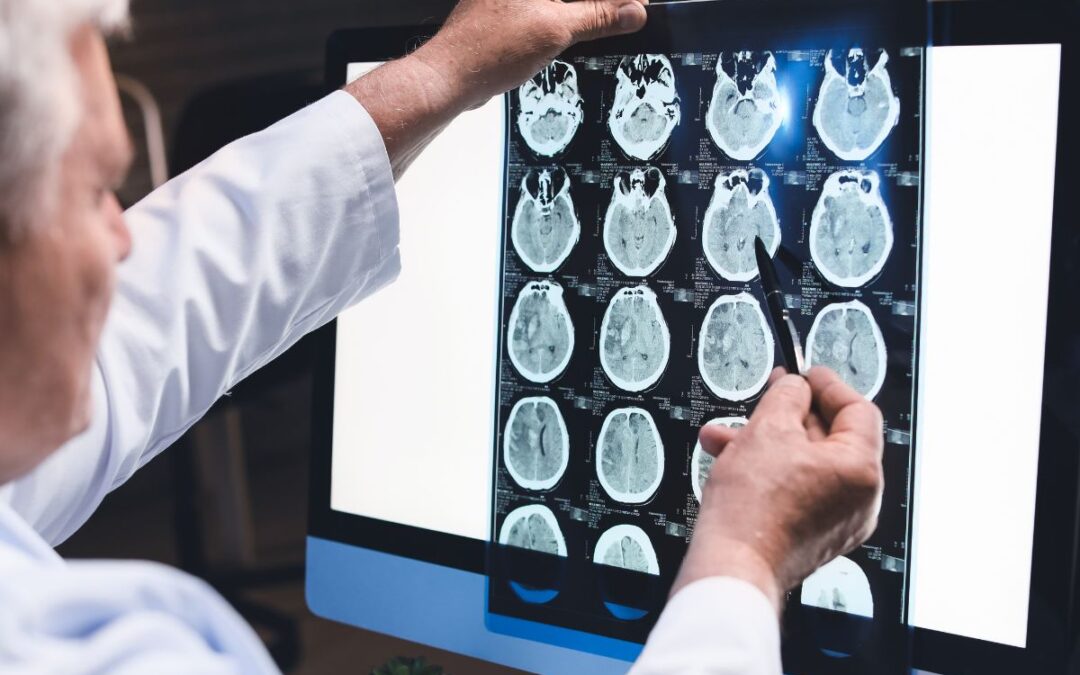A new study published by the medical journal Neuron may explain why traumatic brain injury sufferers experience a loss of cognitive function. Many traumatic brain injury survivors experience a temporary but severe loss of cognitive function. The study is critical because it sheds light on how a relatively small number of injured brain cells cause an immediate chain reaction that stops brain activity.
Neural Networks and Traumatic Brain Injury
Researchers worked with Drosophila fruit flies regarding neural networks. Despite fruit flies being much smaller than humans, the researchers established models for human neural networks. Researchers studied the brain’s axon, a threadlike section of a nerve cell that transmits nervous system signals.
They snipped a small number of axons within a larger bundle of axons to stimulate the damage that can occur in a head injury. The researchers discovered that even though only a relatively small number of axons were severed, they set off a chain reaction that stopped sensory signals among undamaged neurons. This interesting response is likely due to glial cells, often overlooked when researching brain injury causes and effects.
One researcher compared glial cells to the watchdogs of our nervous system. When a small injury occurs, the glial cells send out warnings to other neurons that result in some parts of the brain shutting down.
Why Do Traumatic Brain Injury Survivors Lose Cognitive Function?
From an evolutionary standpoint, the brain may shut down to conserve as much energy as possible. When the brain becomes injured or diseased, the glial cells send messages to other parts of the brain, resulting in them shutting down signals. As a result, the victim may lose consciousness temporarily, even though all of the affected neurons are not damaged.
Researchers discovered that these uninsured bystander neurons become revived after it is clear that they have not been injured. Essentially, the brain can send a message that a few cells have been damaged. Then healthy brain tissue sends a signal to cut off consciousness while determining the status of cells. When healthy cells determine that unhealthy cells are damaged, they activate programs to destroy themselves. The healthy cells recover, and the individual recovers consciousness.
Recovering Compensation
As the study mentioned above shows, scientists are still learning about the complexities involved in traumatic brain injuries. We know that individuals who experience mild concussions are still at risk of experiencing long-term neurological symptoms. Often, the victims of brain injuries will not see the extent of their injury for days, weeks, or even months after the accident.
If you or your loved one has experienced a traumatic brain injury caused by another person’s negligence, you may be entitled to compensation. Contact the experienced brain injury lawyers at Griggs Injury Law to schedule your free initial consultation.


